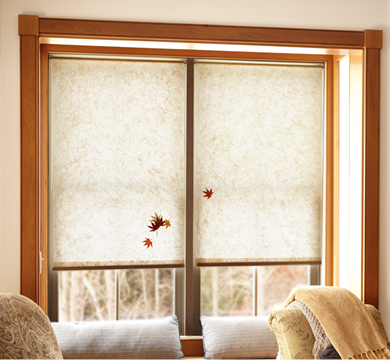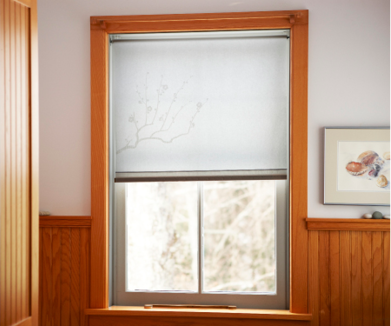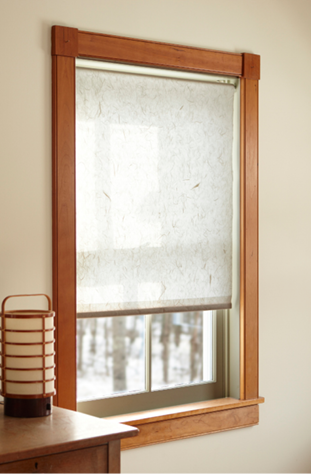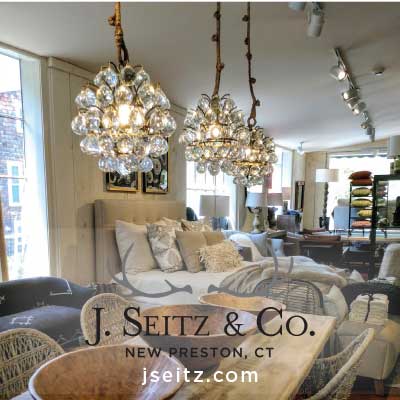January 1, 2014
Terri Tibatt’s lovely handmade Japanese shades diffuse sunlight and fill spaces with a soft glow and natural beauty.
Terri Tibatts has a thing for the Japanese aesthetic. Years ago, she lived in Japan for six months, where she studied calligraphy and related book arts. She learned about handmade Japanese papers, and in visiting many homes, temples, and museums, she found that she was drawn to shoji screens. A traditional element in Japanese architecture for hundreds of years, shoji-translucent sliding screens serve as doors and windows. Made from Japanese papers, shoji diffuse sunlight. As light changes throughout the day, so does the light filtering through the paper, creating gentle patterns and soft shadows.
Inspired by her love of Japanese interiors and papers, Terri Tibatts, an accomplished artist, began making the shades for her home when her children were little. She and her family had just moved into their new house in Washington. Her husband, Franklin (Nic) Nichols owns Nichols Woodworking. Together, they built their house and his woodshop in 1988 and 89. Terri says, “I wanted a window treatment that was minimal and also let some light in. The Japanese papers looked beautiful and didn’t cover up our black cherry window trim. As a book binder, I wanted to use my skills to create useful objects for the home.”

When considering the style of your shades, there are quite a few types of papers to choose from. There are 10 styles of papers available. The series of Bright White papers include several that have “watermark” imprints of various types of trees including pine, maple leaves and bamboo. The Kozo Papers Series are all natural and are made from 100% Japanese mulberry (kozo) which gives them a soft and elegant tone. Since there is no wood pulp used in kozo, these papers will actually brighten as they age. The beauty of these papers is that they allow a diffused light to come into a room while at the same time providing privacy. “On sunny days, they help make a room feel cool; at night, they warm the atmosphere with a richness and elegance,” Terri adds. She can also customize the shades by adding stencils, custom calligraphy (such as a name or a favorite quotation), ribbon, stamps, etc. to make them unique and to compliment any decor.
Since that first trip, Terri has returned to Japan several times over the years. Here in the US, she has studied Japanese printmaking, bookmaking, and brushwork. Terri also uses the shoji papers to create books and other small objects. And she has made lamps and small lanterns out of shoji paper, as well.

Roller blinds are an easy, functional, and economical window treatment. They are clean and simple in their design, and because they are cordless there are no safety issues with children or pets. The roller mechanisms that are used are of high quality and made in the United States. They are heavy duty wooden spring rollers that are made from scratch to ensure a straight, perfectly round dowel.
Terri ‘s shoji shades can be ordered online and on Etsy. The price for the Bright White papers is $75 and the price for the Kozo papers is $90 (per shade including hardware with a 36″ maximum width). It generally takes about two weeks for an order to be complete, depending if the selected papers are in stock. Paper samples can be sent to clients before placing an order. Clients range from individuals who are decorating their homes, to yoga studios and commercial buildings.

To order your own custom shades, visit www.shojishades.com or www.shojiwood.com/territibbatts/
or contact Terri Tibatts: terri@shojishades.com
You can also visit Terri’s shop at Etsy and order your shades there: http://goo.gl/wo8kIS






















